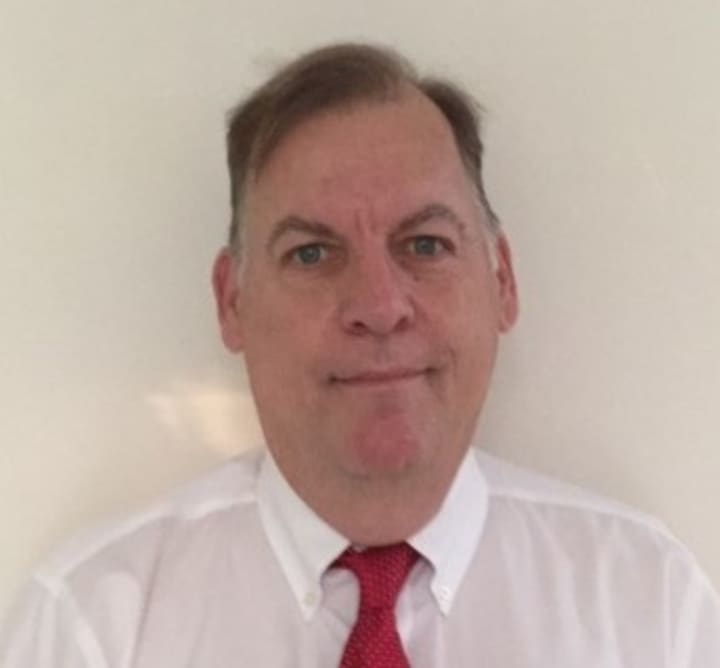Today he’s employed full time and part time. And he still leads Neighbors-helping-Neighbors, the free job networking club Fugazzie created while unemployed from 2012 to 2014.
At first, a group of job hunters met at Fugazzie’s hometown library in 2011. Today the group helps 1,600 people search for jobs at weekly in-person groups and another 4,200 in a LinkedIn group.
Most recently, Neighbors-helping-Neighbors has spread to Madrid, Spain and developed chapters at community colleges. Yet another chapter, Latinos Help Latinos, began last month at Fairleigh Dickinson University’s Petrocelli College of Continuing Studies.
“It’s always been one of my visions to have an Hispanic version,” said Fugazzie, who teaches part-time in Hackensack for the college’s Puerta Al Futuro program.
In January, Fugazzie, who has an MBA and a long track record in the foods industry, started working full time as executive director of the Hudson County/Jersey City Workforce Development Board.
The 60-year-old is aware that his volunteer work helping the long-term unemployed led him to his current work life. It’s OK to volunteer, he advises people, as long as the work is relevant to their expertise and could open doors to employment.
“My volunteer work has given me a bigger presence than all the hard work I did for companies all my life,” Fugazzie said.
The job club has been recognized by the federal Department of Labor and the White House as an effective model to land jobs. Fugazzie says that’s because it’s based on working with real people.
“So many people are living in theory,” he said.
Most job seekers still need to accept two realities, Fugazzie said.
The first is that the economy has permanently changed and is global. It is no longer possible to control a local economy.
The second is that the economic recovery is built on the creation of lower-paying jobs.
“You get back to work,” he said, “but you get paid 70 percent of what you should get paid.”
Visit Neighbors-helping-Neighbors.
Click here to follow Daily Voice Paramus and receive free news updates.


